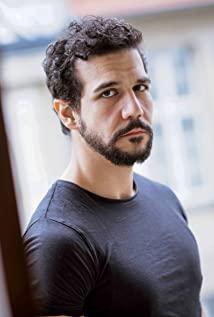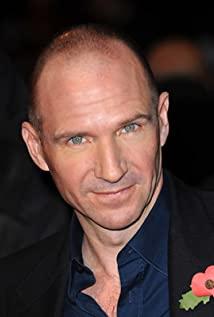But when I think about it, what struck me was what happened to Hannah; what I admired was an emotional (well, erotic to be more accurate) story that could also express a serious, even pathetic history. The real movie spent a lot of time describing the love between a young boy and a middle-aged woman, and the classic novels read aloud by a young boy to a woman, all of which left no impression on me.
The fact that Hannah moved me does not mean that I ignore the crimes she committed, nor do I think that she is as eager to be loved as a normal woman, eager to escape the guilt she bears. She is normal and understandable and sympathetic. Let her be spared the punishment she deserves.
What shocked me was that Hannah was in the Nazi trial dock, and when the prosecutor questioned her, why did the prisoners choose to be sent to Auschwitz in the concentration camp, and why did they not open the church on that snowy night after it was bombed and set on fire? The doors of the church, for those Jews to come out and escape, for all Hannah's reasons: "That's my job. Otherwise, what am I going to do?"
Yes, we can choose to take a position like those young law students, outraged The cold blood and brutality of these Nazi guards. But this is the easiest, I think. If I were to put me in Hannah's place, we had been taught that we were going to create an ideal world, a world without dirt, and it was our job to remove the dirt from this world. This is the greatest and most honorable job in the world. How will we be? Are we really going to do better than Hannah?
Thinking of these, some shudder.
In my past experience, I have met and am meeting many people who are similar to Hannah. They are serious, meticulous, conscientious and loyal. Even these advantages are what others say about me. What do we use to distinguish ourselves from being Hannah?
I think that the author of the novel and the creator of the movie, using a erotic story that is not new or even a bit curious to show the small fragments of history that can't bear to watch, maybe it is precisely this kind of banality to prove that, It is not some innately brutal alien who will commit unforgivable crimes. They are so normal, like everyone else.
And the books that the boys have read, the most splendid essence of human civilization, cannot subvert a person as we imagined, and change some tragedies that are destined to happen.
I love this angle of the film, and I am deeply moved by this angle.
At the end of the movie, the boy Misha became a middle-aged lawyer, and Hannah, who had been in prison for twenty years, ended her life because of despair. Misha went to the United States with Hannah's last wish, found the survivors of the concentration camp, and gave Hannah the only money she had.
We did not have the predictable, heart-wrenching and tear-jerking repentance, forgiveness, and forgiveness that we expected.
She said: "People always ask me what I learned in the concentration camps? But it was just a concentration camp, nothing could be learned. What do you think that is? University? We're not there to study, that's obvious. why are you here? Forgive her? Or just make yourself feel better? I suggest you still go to the theatre, if you want to vent, go there and read literature! But don't go to a concentration camp, there is nothing there. Nothing.
Yes, the so-called forgiveness has never been so simple and easy. Therefore, it is too frivolous to use a particularly superficial way to call for tolerance and to praise the healing of trauma in the face of the great disaster of mankind.
That being said, I really don't have high expectations for movies.
A person who is often hungry will find it delicious as long as it is white steamed buns. Only those who have white steamed buns, bread, cakes and eat all kinds of food at the same time and who have long been free from hunger will have keen taste buds and discerning taste.
View more about The Reader reviews











